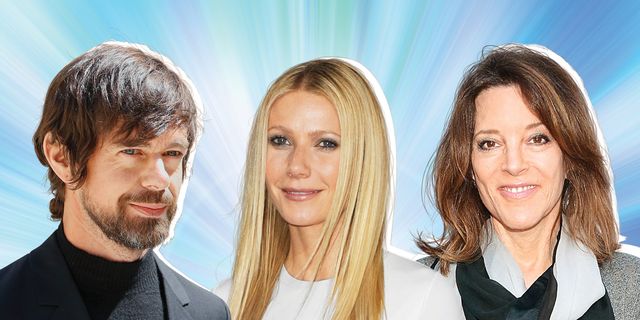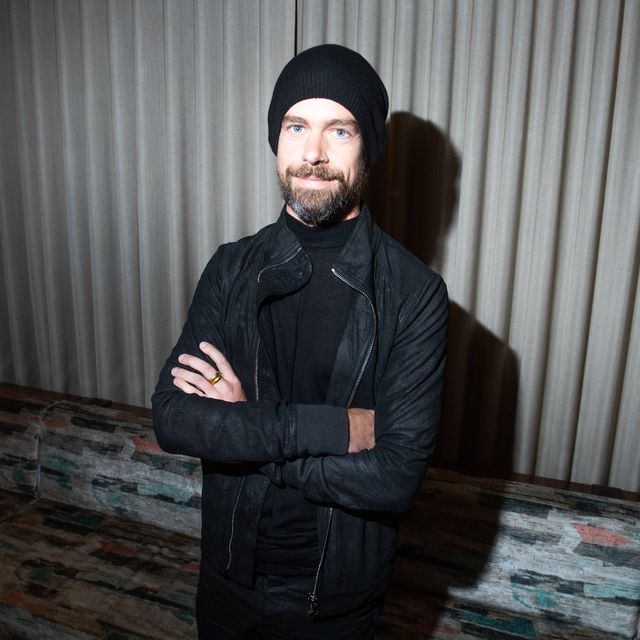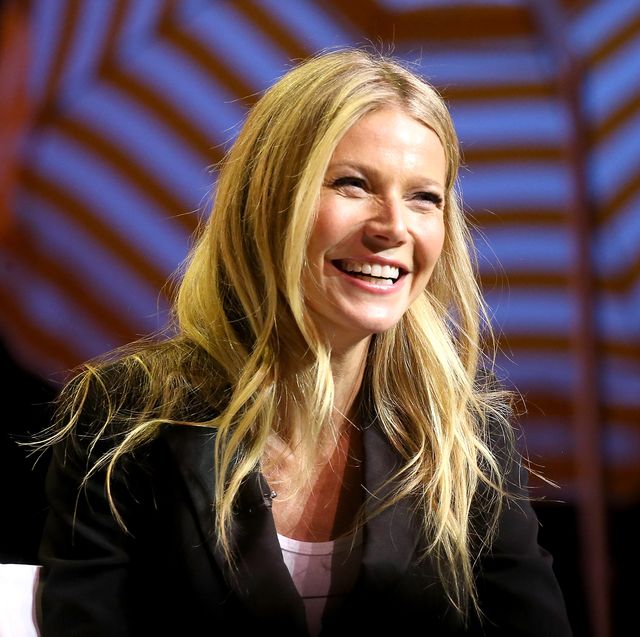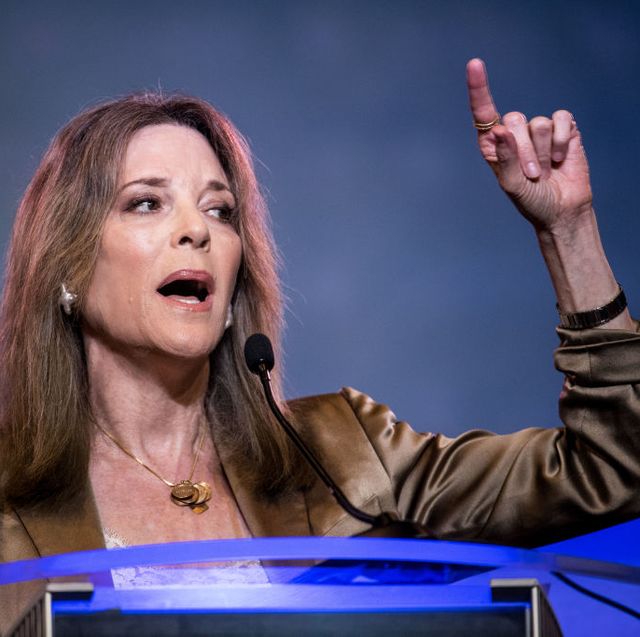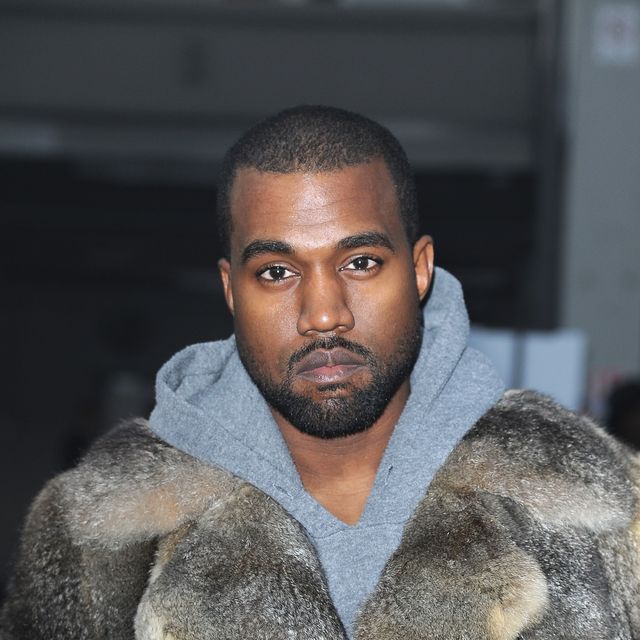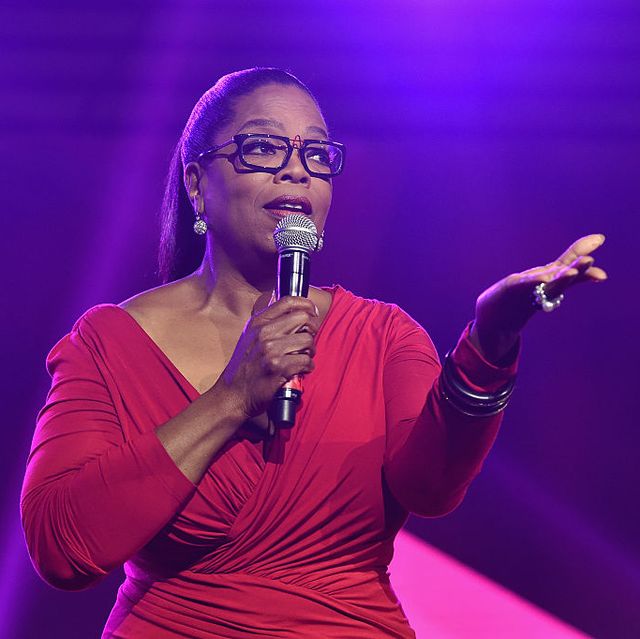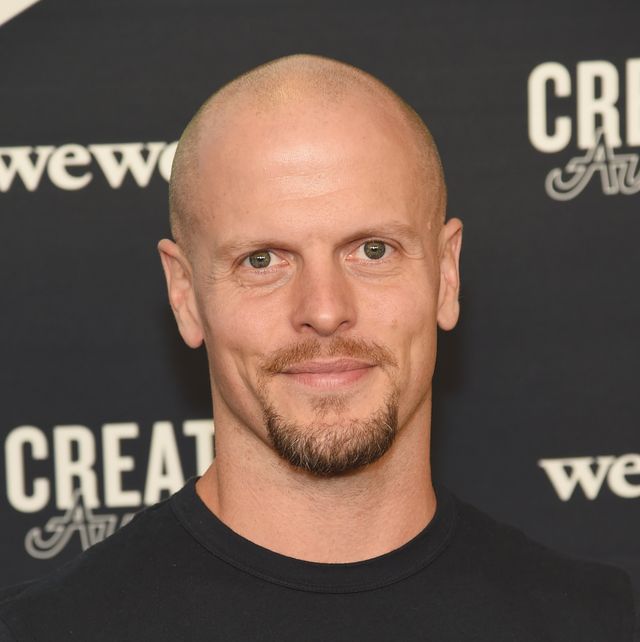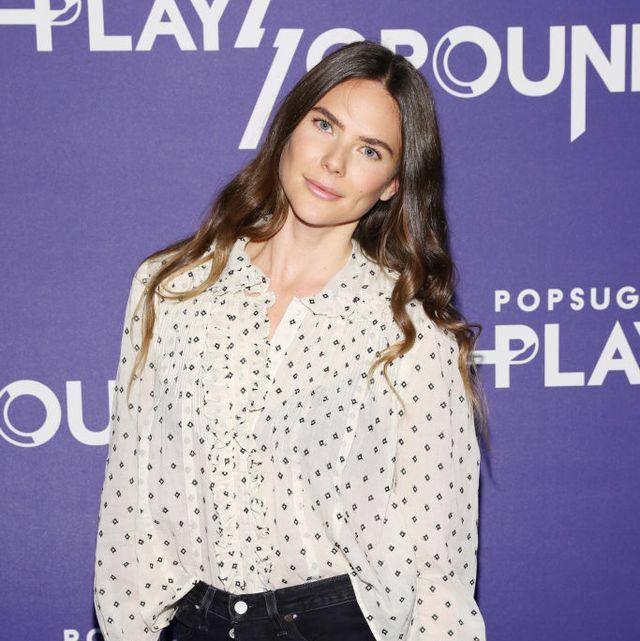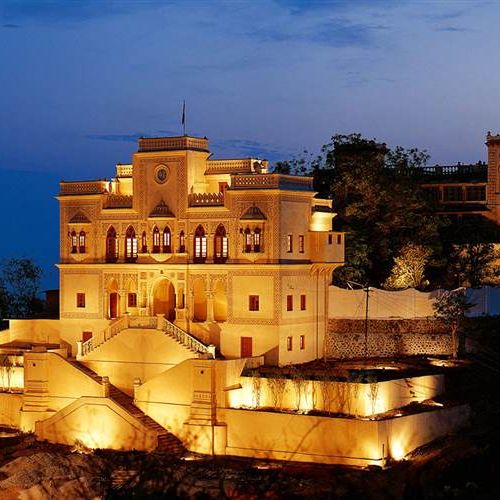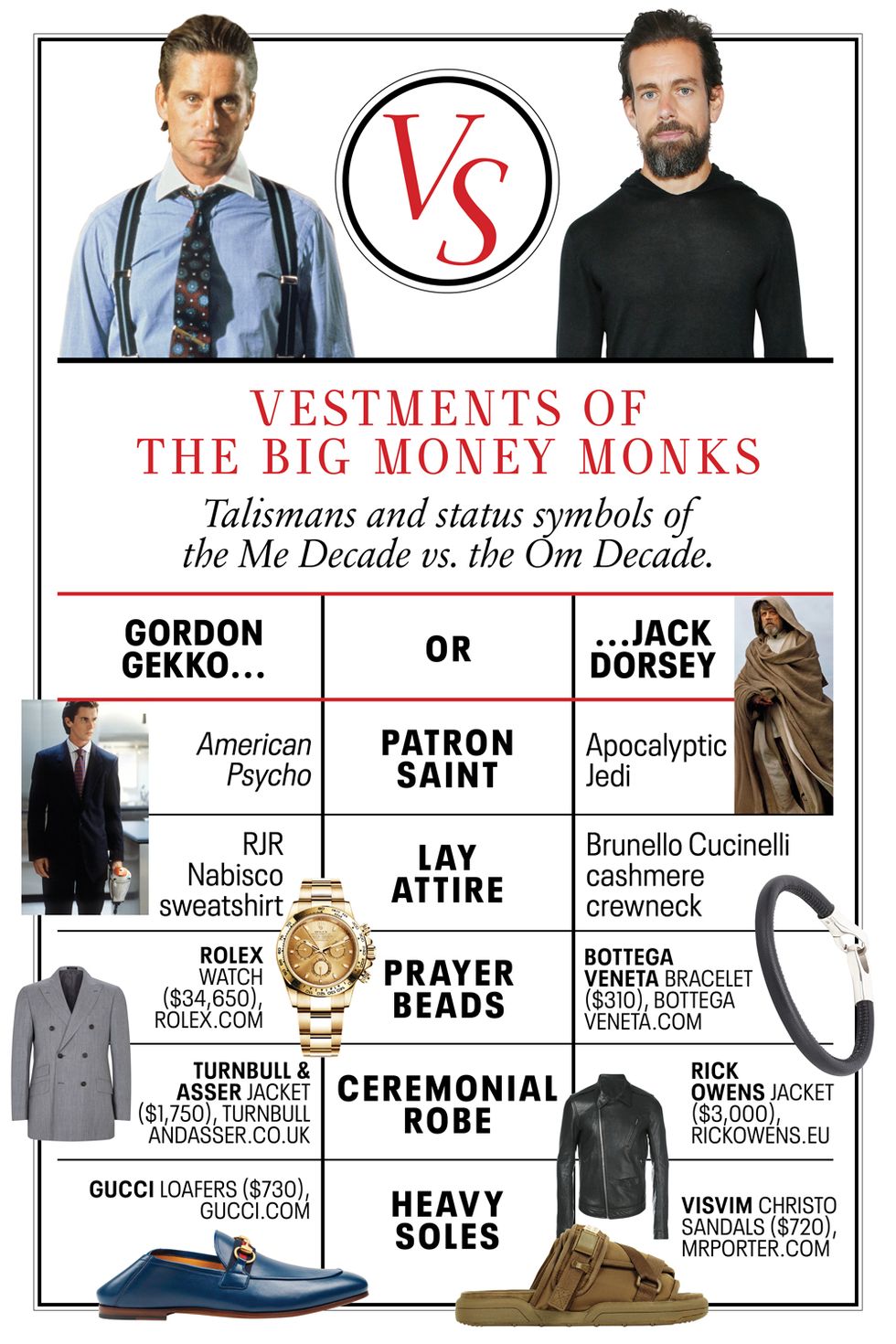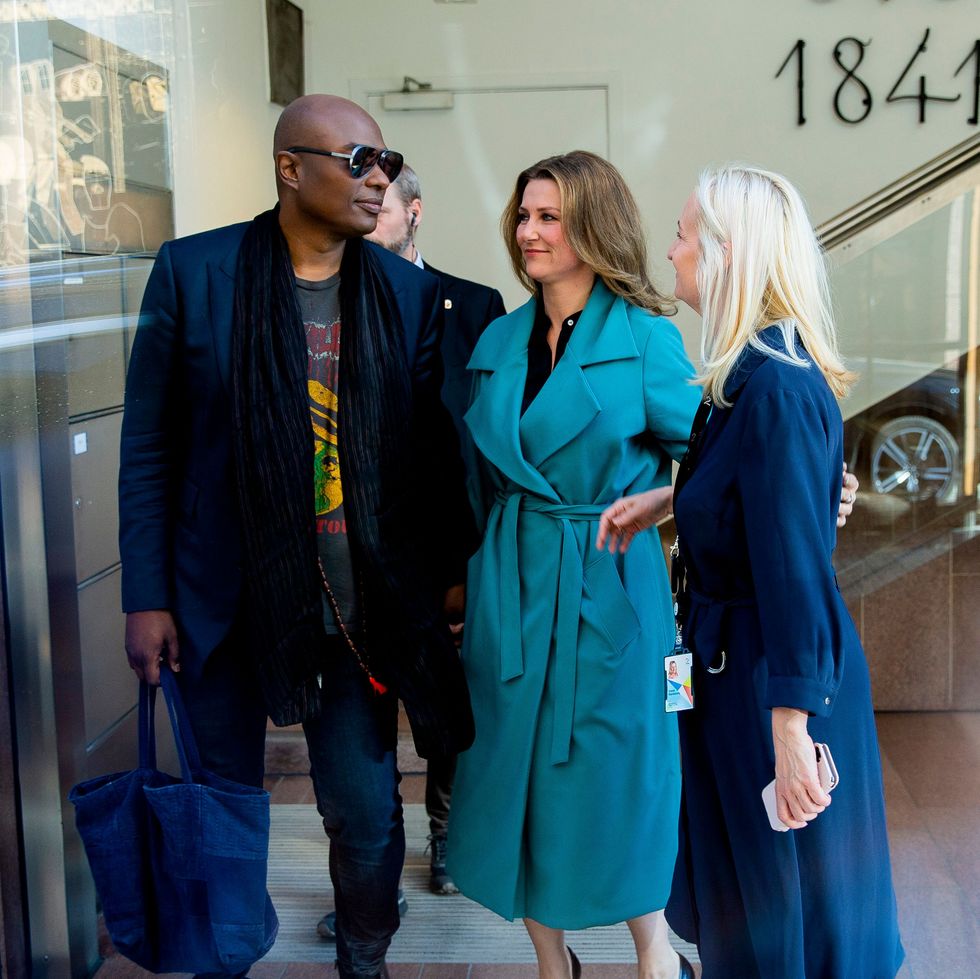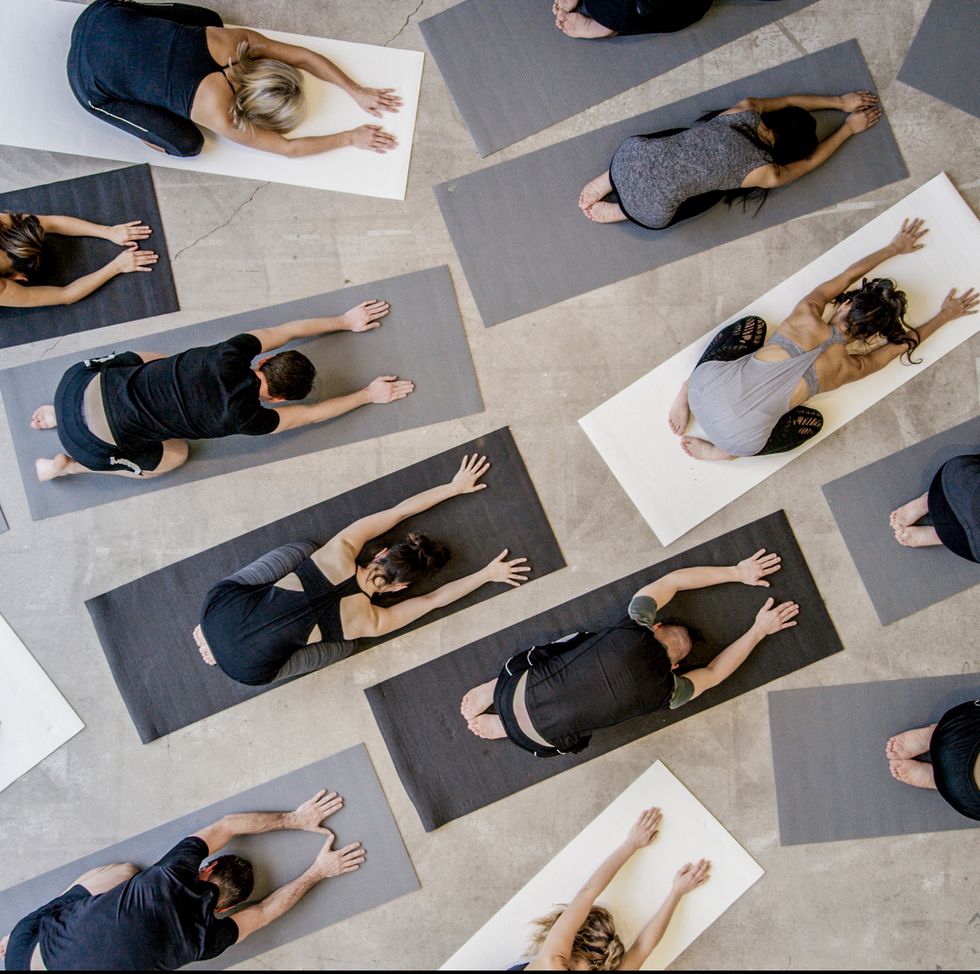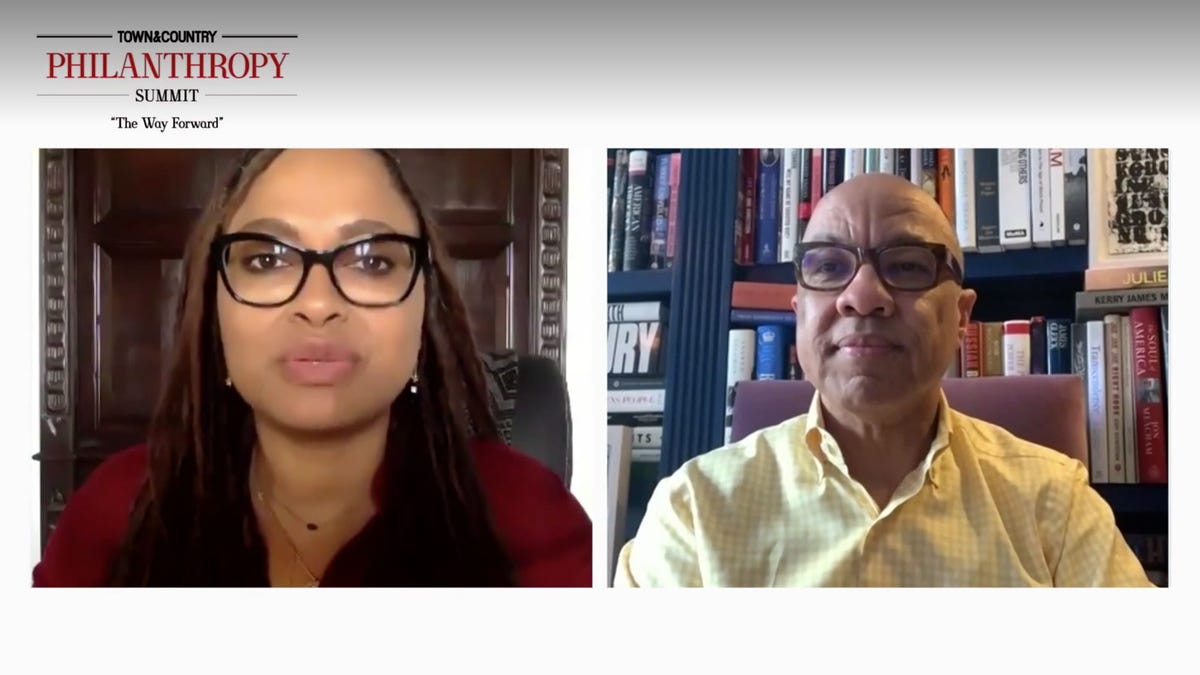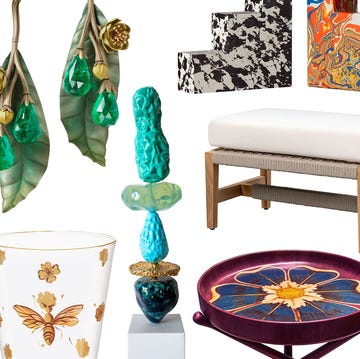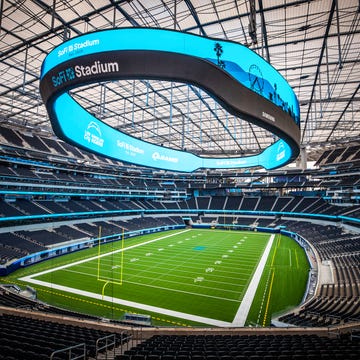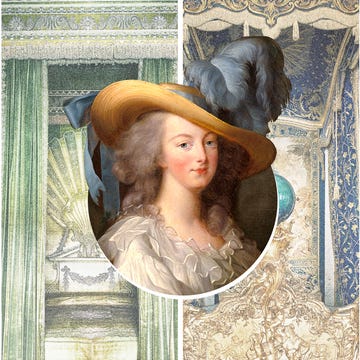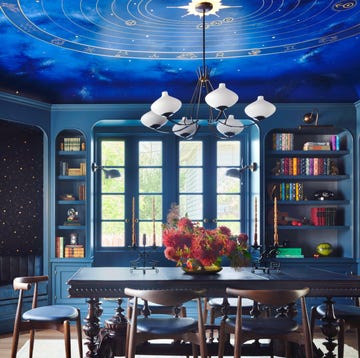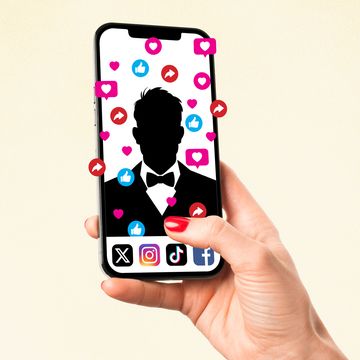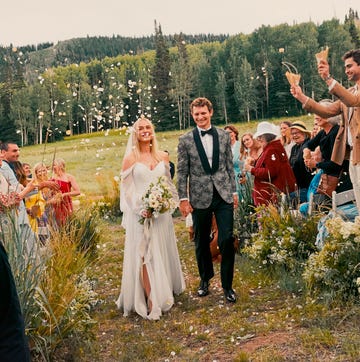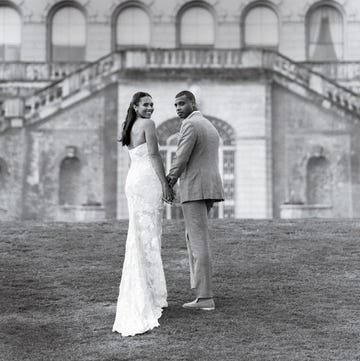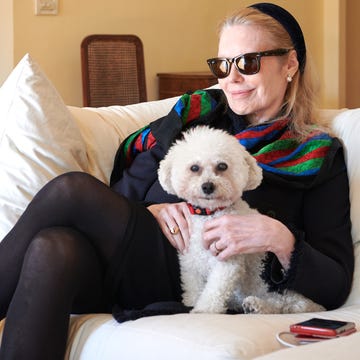Last November, Jack Dorsey, the brains behind Twitter, declared that he had gone on a 10-day silent retreat in Myanmar to practice Vipassana, considered the oldest form of Buddhist meditation. Sounding more like the Monk of Silicon Valley than the Disruptor of Wall Street, Dorsey explained that giving up “devices, reading, writing, physical exercise, music, intoxicants, meat, talking, or even eye contact with others” was a “detox of all the noise in the world.”
Never mind that he conveniently forgot about Myanmar’s violence toward the Rohingya minority, and not to mention that much of that noise is amplified through the platform he invented. More telling was the inadvertent revelation of the latest status symbol reserved for the one percent: enlightenment. While you were busy downloading Headspace and livestreaming Peloton, the extremely rich have been locked in a holier-than-thou arms race to purge themselves of screens and discover inner peace.
Meet the spiritual snobs.
Hashtag Mindfulness
They may swear off their phones and social media feeds, but open yours and you’ll find them aglow and gloating in an ashram more remote than Wakanda, tagging their posts #breathe. There they are at the Wanderlust Kundalini & Radiant Body immersion at Snowshoe Mountain, reminding you how gorgeous they look without makeup—through a Mayfair filter. Or at the Advanced Intuitive Healing training course at the Den in L.A. (three months, $1,500), learning how to fix the holes in their auras. You might even see them at Kanye West’s exclusive Sunday Service, at an undisclosed location, singing hymns alongside Buddhist power couple Orlando Bloom and Katy Perry.
The rich and famous often drink their own organic, locally sourced Kool-Aid. At some point along the way they begin to believe they can achieve a special connection with the metaphysical by luxuriously depriving themselves of earthly desires, preferably somewhere quiet and above the fray, like on David Geffen’s yacht, docked in the Sea of Cortez.
Aristocratic mysticism is nothing new (see: Rasputin and the Romanovs), but now ascetic pursuits have been paired with the ability to self-broadcast more than ever before, and self-actualization has become both a branding tool and bragging right.
In a more innocent time, Christy Turlington appeared on the cover of Time as a yogi earth goddess, Madonna converted to Kabbalah, and Tina Turner chanted Nam-myoho-renge-kyo. The spiritual superiors of today go further, embracing that next organic mind-body practice you haven’t heard of and then evangelizing about it online—because the best way to show how unplugged and Zen you are is to be on your phone.
“Ten years ago we didn’t document every green juice we drank,” says Melisse Gelula, co-founder of the lifestyle site Well+Good. “It’s infiltrated our lives. We all have to ask ourselves, ‘Am I doing this to feel better or to share that I am feeling better?’ ” (On Well+ Good’s trend list for 2019 is “performative wellness”—the act of looking as though you are centered.)
“Spiritual But Not Religious”
With the self-improvement market pegged at $10 billion annually in the U.S. alone, and social media in hyperdrive, the divine hasn’t just become digital but lucrative, too. “These movements have been going on forever,” says the writer Amy Larocca, who is at work on a book, due next year, on the mindfulness boom. “There have always been seekers. What’s different this time is extreme capitalism. Seekers of spiritual health have never had quite so many opportunities.”
Every century gets the messiah it deserves. T.C. Boyle’s 1993 classic The Road to Wellville, about the health crazes of the 1800s (the characters explore laugh therapy, erotic massage, and sinusoidal baths), reads as though it happened yesterday. In Chaucer’s Canterbury Tales, the Pardoner brags about obtaining his false credentials from high-ranking church officials and brandishes dubious relics including a sheep bone that, when dipped in a well, gains magical healing powers. And Sam Lipsyte’s new novel, Hark, satirizes an unwitting guru who gains a mass following with what he calls “mental archery” and inane mantras like “Unstring your bow.”
Today’s age of enlightenment is broader, and à la carte. The followers are SBNR (Spiritual But Not Religious) and have probably had lunch with Krista Tippett, NPR’s resident mystic. The higher beings walking among us have taken self-care to new heights, sometimes literally.
In the Himalayas, the Ananda Spa offers a seven-night Dhyāna self-realization retreat that guides participants through daily meditation sessions including “Yoga Nidra (psychic sleep), Ajapa Japa (spontaneous mantra chanting), Antar Mouna (inner silence), and Trataka (gazing on a candle flame).” The Ashram in Calabasas offers a $6,000 hike to Santiago de Compostela that includes daily yoga and massages. After the Game of Thrones finale, Kit Harington checked into Privé Swiss, a luxury treatment center in Connecticut where, for $120,000 a month, you can dry out and destress.
When these dewy illuminati choose to breathe the same air as the merely mentally stable middle class, they skip Burning Man and instead go to the Integratron near Joshua Tree for a sound bath that’s like “kindergarten naptime for grown-ups” or to the Woom Center in New York City for a secret cocoa ceremony. Or they may be spotted at the Spellbound Sky, looking for the right Lemurian quartz crystal (because a personal assistant can’t mimic your vibration).
Guru Gold Rush
Belief even works into their workouts. Taryn Toomey’s hugely popular body-mind fitness movement, the Class, offers a Retreatment (not just a retreat!) of six days that’s “an immersive experience dedicated to the practice of transformation.”
“Your off time has to be about self-improvement,” Larocca says. “You go to an ashram, eat six almonds a day, have a hike and an enema.”
The guru gold rush has created a growing caste system of monks, healers, and guides. At the top, of course, are Oprah and the Dalai Lama, but if you can’t get near these supremes, there are those who have met them, or at least have taken selfies with them. Gabby Bernstein, a “spirit junkie” and Lululemon global yogi, created May Cause Miracles weekend workshops that “offer an exciting plan to release fear and allow gratitude, forgiveness, and love to flow through us without fail.” Motivational speaker and “unshakable optimist” Marie Forleo offers a way for you to create success that speaks to your soul to “get anything you want.” Their pictures with Oprah are stamped on their sites like a Consumer Reports seal of approval.
Amassing avid followers is much easier for gurus now than in the old days, when they had to self-publish pamphlets and advertise in the back of New Dawn magazine. With platforms like Squarespace and Wix, these newfangled evangelists have easy ways to provide daily proclamations—and links in their bios to their five-part webinars.
Gelula compares this divinity deluge to the rise of next-generation gourmets. “It used to just be Julia Child or Alain Ducasse, but eight years ago suddenly anyone could be a cookbook author. Everyone from highly qualified nutritionists to amateurs with cameras got into it, and the canon exploded,” she says. “Something similar is happening in wellness.”
To stand out in this godliness glut, it helps if you are really hot. Take meditation teacher Light Watkins or Sakara Life founders Whitney Tingle and Danielle Duboise—all former models—or hunky Hillsong pastor Carl Lentz, who likes to hang out shirtless with his pal Justin Bieber. Shaman Durek, the boyfriend of Norwegian princess Martha Louise, used to be a model before he pivoted to healer and “spirit-hacker.”
Their contentment humblebrags on social media, the Runic scripts of our time, telegraph piety and double as a recruitment tool the way word-of-mouth testimonials once drew stressed suburbanites to EST. The difference is that these hyperconnected soothsayers can’t be automatically labeled hucksters.
“That’s the thing,” Larocca says. “These people are genuine. There is an unbelievable amount of sincerity out there.” Case in point: Best-selling author Marianne Williamson, a major progenitor of self-help culture, is running for president.
Peak Self-Care?
Still, the risk for people reared on quick-fix solutions is that they may not be reaching deep enough. One ayahuasca trip is no panacea for serious mental health issues, or even anxiety. “There’s nothing wrong with wellness,” says Sebene Selassie, meditation teacher and author of the upcoming book Born to Belong. “It’s so important and so necessary right now. But when is wellness real depth and when is it spackle? The cracks start showing quickly.”
The David Lynch Foundation has been promoting the benefits of Transcendental Meditation for nearly 15 years, and, thanks to a $2.4 million grant from the U.S. Department of Defense, it has the research to prove that TM can help veterans with post-traumatic stress disorder cope.
“Everybody’s been jumping on the bandwagon, and a lot of it is baloney,” says the organization’s CEO Bob Roth. “There is no magic pill from Big Pharma to prevent stress and trauma, although there are tons of medications for managing it. They just don’t get to the ‘tumor’ of stress. Now, 50 years later, we are getting close to finding reasonable ways to deal with it, and it’s the ancient meditation practices that will stand tall.”
While affirmation culture may just be a natural byproduct of privilege peacocking, it could be a necessary phase in filtering the true from the trendy. “Everybody knows you have do the work to feel better,” Gelula says. “And a lot of people try something lighter before they go deeper. Maybe wellness is a gateway to a greater spirituality.”
That’s perhaps the most important insight that our modern, self-promoting search for a higher power offers. Everyone wants divine intervention; it’s just that some are willing to pay anything to try to get close to it. Celebrities: They’re desperate, just like us.
This story appears in the September 2019 issue of Town & Country. SUBSCRIBE NOW
